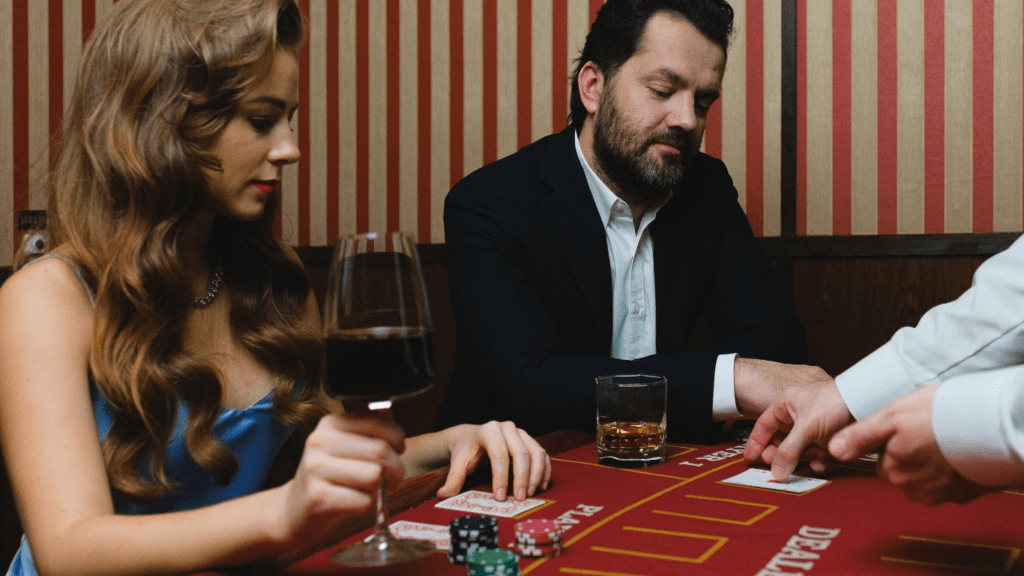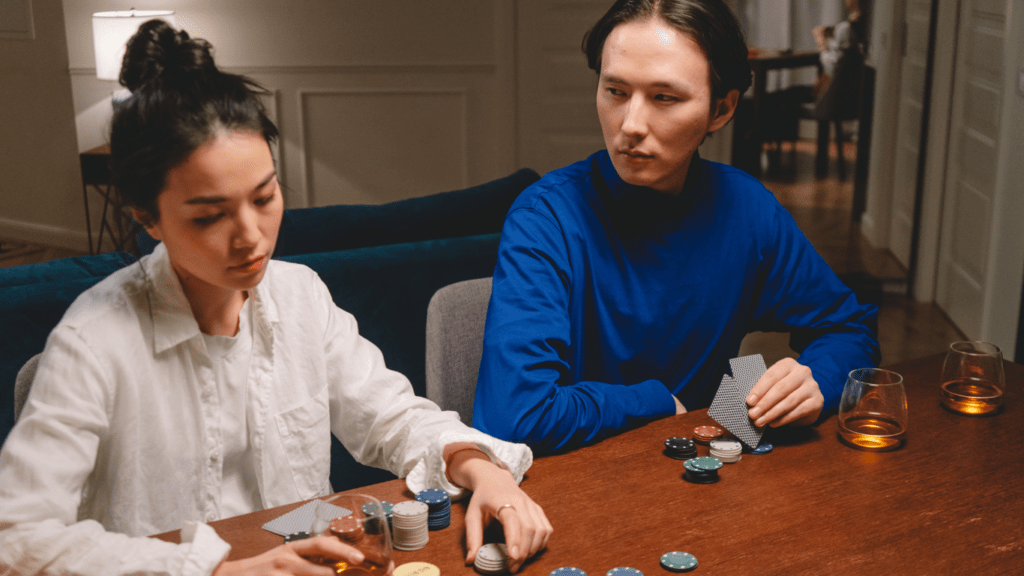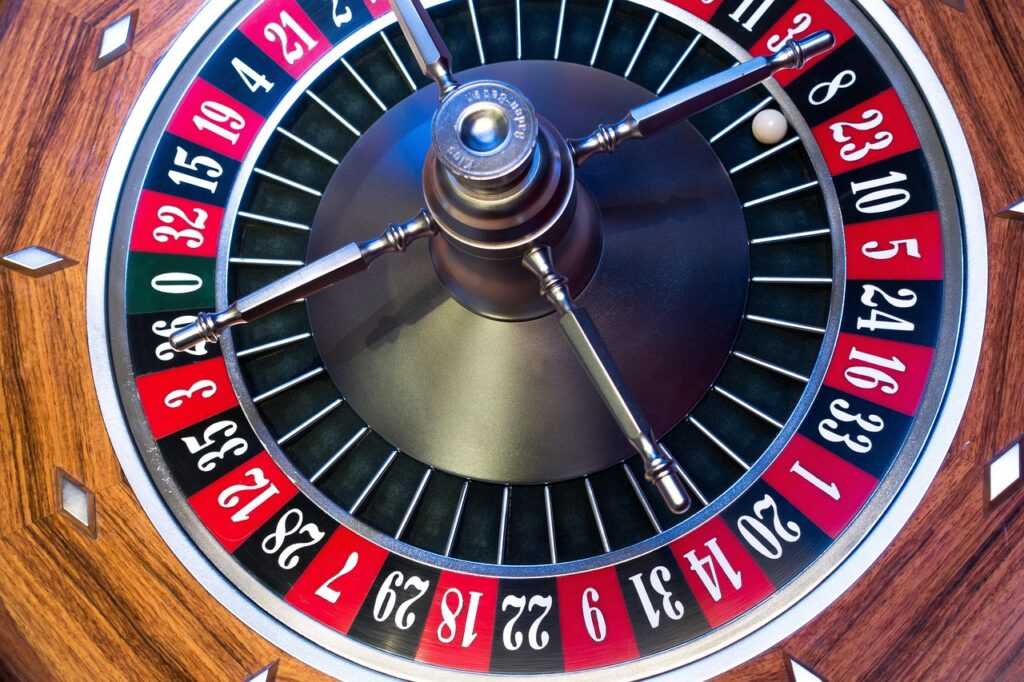Understanding The Gambler’s Fallacy
The Gambler’s Fallacy refers to the erroneous belief that if something happens more frequently than normal during a given period, it will happen less frequently in the future, or vice versa. This fallacy can be especially misleading in games of chance where each event is independent of previous events.
One common example is flipping a fair coin. The coin has a 50% chance of landing heads and a 50% chance of landing tails on each flip. If it lands on heads five times in a row, people might believe tails is “due” to occur next. In reality, the probability remains 50% for either outcome on each flip.
This fallacy occurs because of a misunderstanding of statistical independence. Each event in a series of flips, roulette spins, or dice rolls is mutually exclusive. Previous outcomes do not impact future probabilities in fair games of chance.
The cognitive bias can extend beyond gambling. For instance, stock traders might believe a declining market will soon rebound purely due to recent patterns. This fallacy can cloud judgment and result in poor financial decisions.
To avoid falling into the trap of the Gambler’s Fallacy, individuals need to recognize the independence of events in games of chance and assess decisions based on rational analysis instead of perceived patterns. Recognizing this bias aids in making more informed, rational choices, both in gambling and other areas of life.
The Psychological Aspect

Understanding the Gambler’s Fallacy requires examining the psychological elements. These elements include cognitive biases and emotional influences that cloud judgment and decision-making.
Cognitive Biases
- Cognitive biases play a significant role in the Gambler’s Fallacy.
- One common bias is the “representativeness heuristic,” where people judge the probability of an event by how closely it resembles another event.
- People might think that a series of coin flips resulting in heads means tails are “due.”
- The “availability heuristic” also affects decision-making, where recent occurrences become more prominent in one’s mind, leading to erroneous beliefs about future events.
- These biases distort rational thought, making individuals believe in incorrect patterns in random sequences.
Role of Emotions
- Emotions amplify the difficulty of walking away from the table.
- Excitement and thrill from winning create a sense of euphoria that compels further play.
- Conversely, the frustration and regret from losing spur people to continue playing in hopes of recouping losses, known as “loss aversion.”
- This emotional rollercoaster impairs judgment, making it harder to recognize that each gamble is an independent event unaffected by previous outcomes.
- Recognizing these emotional drivers helps individuals understand why it’s so challenging to make rational decisions while gambling.
Real-World Implications
The Gambler’s Fallacy extends beyond theoretical scenarios, affecting various real-world contexts. Understanding these implications can significantly influence behavior in both gambling and everyday decisions.
Gambling Industry
Casinos and online gambling platforms capitalize on the Gambler’s Fallacy. The belief that a slot machine “is due” for a win after a series of losses drives continuous play. Data from the Nevada Gaming Control Board in 2022 showed that slot machines had a win percentage of about 7%, meaning gamblers often give back their winnings due to flawed reasoning. Marketers exploit cognitive biases and emotional triggers by using attractive visuals and sounds to keep gamblers engaged. Not recognizing the fallacy’s impact can lead to significant financial losses and addictive behavior.
Everyday Decision-Making
The Gambler’s Fallacy also affects everyday decisions. For instance, people may believe a bad streak in job applications means they’re “due” for an offer soon. This faulty reasoning impacts academic pursuits, investments, and even personal relationships. In a study published in the Journal of Economic Behavior & Organization, researchers found that individuals applying the fallacy to stock market trades faced more significant losses compared to those who made independent decisions. Recognizing the fallacy’s presence in mundane choices aids in fostering logical thinking and improving outcomes across various life aspects.
Combating The Gambler’s Fallacy
Recognizing and addressing the Gambler’s Fallacy can transform decision-making, reducing financial and emotional strain. Key approaches include awareness and education, along with practical strategies to counter this bias.
Awareness and Education
Educating oneself about cognitive biases helps in understanding their impact. The Gambler’s Fallacy primarily hinges on misconceptions about randomness. By studying probability theory, individuals grasp the true nature of independent events, for instance, understanding that each coin flip remains a 50/50 chance regardless of previous outcomes.
Programs aimed at awareness can aid in debunking myths related to luck and streaks. Schools, workplaces, and community centers can offer workshops and seminars on logical thinking and probability. Additionally, leveraging online resources—webinars, MOOCs, and educational videos—facilitates widespread dissemination of critical thinking skills.
Practical Strategies
Implementing practical strategies is essential for combating the fallacy. One effective method is setting strict limits. Individuals gambling can benefit from predetermined budgets, helping to avoid chasing losses. For investors, a written plan outlining entry and exit points can mitigate impulsive trades driven by perceived patterns.
Tracking and analyzing decisions can provide insight into recurrent mistakes. Maintaining a decision journal enables the identification of patterns influenced by biases. Data-driven approaches can be supplemented by behavioral interventions, like cognitive-behavioral therapy (CBT), to reframe irrational thought processes.
Individuals may also practice mindfulness and stress reduction techniques. Recognizing emotional states that trigger fallacious thinking—such as anxiety or overconfidence—helps in adopting a more measured approach. Finally, peer support networks offer accountability and shared learning, strengthening resilience against cognitive traps.
Each of these strategies, when applied consistently, fosters informed and rational decision-making, significantly reducing the likelihood of succumbing to the Gambler’s Fallacy.



 Elizabeth Kaylor – Author
Elizabeth Kaylor is an experienced author and contributor at Smart Gamble Land. Specializing in casino game mastery and player psychology, Elizabeth provides readers with in-depth tips on how to approach popular casino games with confidence and precision. Her expertise in understanding player behavior, game dynamics, and strategy allows her to craft engaging content that appeals to both novice and experienced gamblers alike. Elizabeth's insightful articles offer readers the tools they need to thrive in high-stakes environments.
Elizabeth Kaylor – Author
Elizabeth Kaylor is an experienced author and contributor at Smart Gamble Land. Specializing in casino game mastery and player psychology, Elizabeth provides readers with in-depth tips on how to approach popular casino games with confidence and precision. Her expertise in understanding player behavior, game dynamics, and strategy allows her to craft engaging content that appeals to both novice and experienced gamblers alike. Elizabeth's insightful articles offer readers the tools they need to thrive in high-stakes environments.
